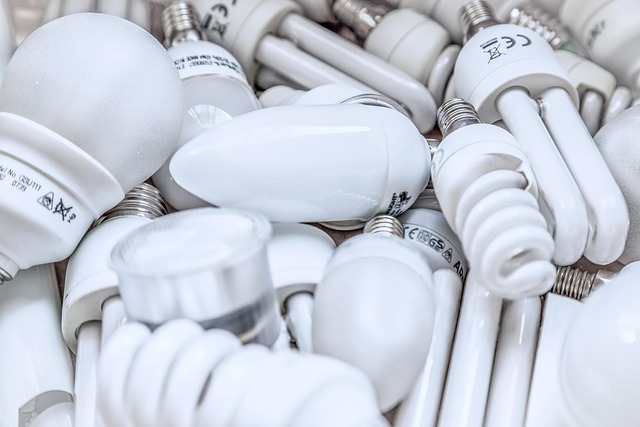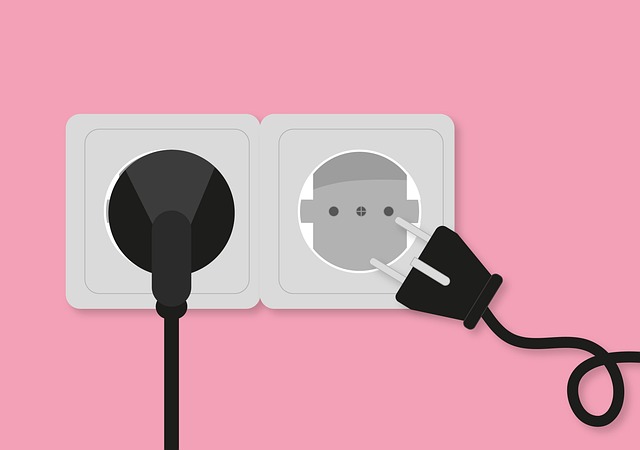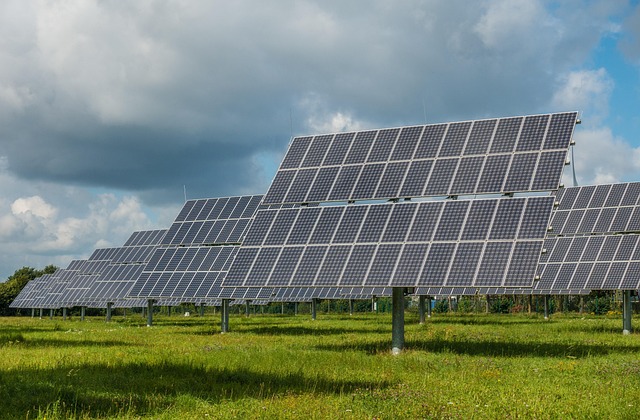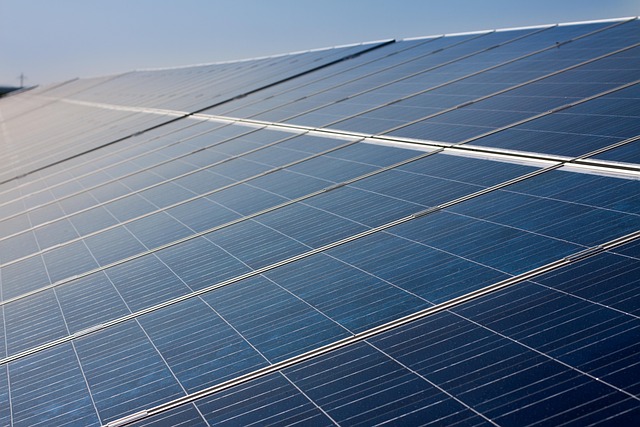Wall insulation and efficient HVAC systems are key strategies in real estate for achieving energy efficiency, maximizing property value, and appealing to eco-conscious buyers. Proper insulation reduces heat loss/gain, lowers energy consumption, and prevents structural damage, while modern HVAC systems provide year-round comfort and cost savings. Real estate investors incorporate green solutions like recycled materials and high-efficiency systems to enhance property appeal, reduce operational costs, and contribute to environmental sustainability.
In the competitive real estate market, property investors are increasingly seeking ways to enhance energy efficiency and reduce operational costs. This article explores two key strategies: wall insulation and efficient heating/cooling systems. Understanding how these components contribute to a property’s overall energy performance is crucial for investors aiming to stay ahead. By integrating eco-friendly solutions, real estate investments can become more attractive, sustainable, and profitable.
Understanding Wall Insulation for Energy Efficiency in Real Estate
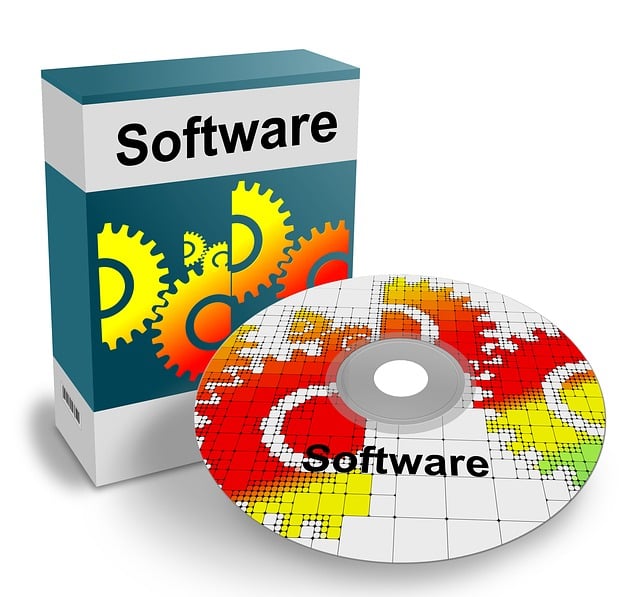
In the real estate sector, understanding wall insulation is key to achieving energy efficiency and maximizing property value. Wall insulation acts as a barrier, regulating indoor temperatures by preventing heat loss during winter and heat gain in summer. This simple yet effective strategy significantly reduces energy consumption, leading to lower heating and cooling costs for homeowners.
By selecting the right type of insulation—such as fiberglass, foam, or cellulose—and ensuring proper installation, real estate investors can enhance a property’s energy performance. Well-insulated walls not only contribute to environmental sustainability but also attract environmentally conscious buyers. Moreover, they can prevent structural damage caused by extreme weather conditions, ensuring long-term savings and the preservation of the property’s value in the competitive real estate market.
Efficient Heating and Cooling Systems: A Game Changer for Properties
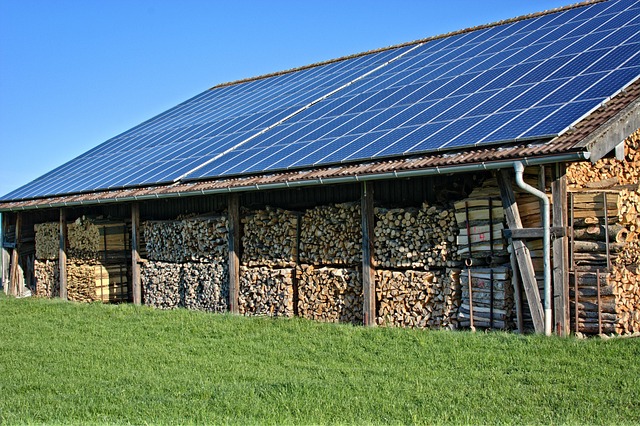
Efficient Heating and Cooling Systems are transforming the real estate landscape, offering significant benefits for both homeowners and investors. By integrating advanced technologies, properties can achieve optimal indoor comfort year-round while significantly reducing energy consumption. These systems not only lower utility bills but also contribute to a more sustainable environment, making them increasingly sought-after features in today’s market.
In terms of real estate value, properties equipped with efficient HVAC (Heating, Ventilation, and Air Conditioning) systems stand out. They appeal to eco-conscious buyers and renters who prioritize energy savings and reduced carbon footprints. Furthermore, these systems often require less maintenance, translating to long-term cost savings for property owners. As a result, real estate investments with modern heating and cooling infrastructure are likely to experience higher market appreciation and occupancy rates.
Integrating Eco-Friendly Solutions for Modern Real Estate Investments
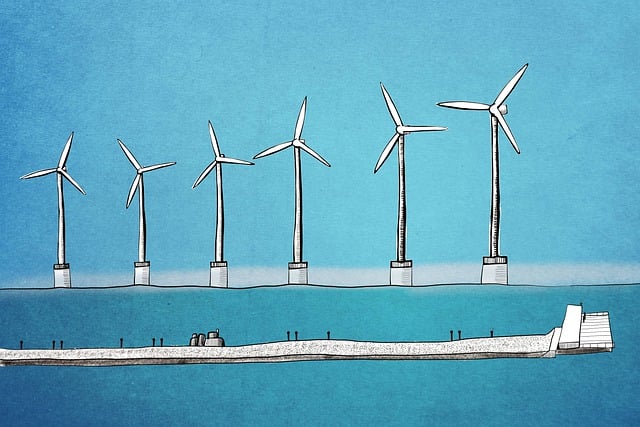
In today’s market, real estate investors are increasingly looking for ways to make their properties more sustainable and eco-friendly. Integrating green solutions into construction projects can be a smart strategy that caters to both environmental consciousness and financial savings. Efficient insulation techniques, such as using recycled materials or advanced vapor barriers, reduce energy consumption by minimizing heat transfer through walls.
Additionally, installing modern HVAC (Heating, Ventilation, and Air Conditioning) systems with high Energy Star ratings significantly lowers operational costs while improving indoor air quality. These measures not only contribute to a healthier living environment but also enhance the property’s appeal among environmentally-aware buyers or tenants. In the competitive real estate market, adopting such innovative and sustainable practices can be a game-changer that sets investments apart.

